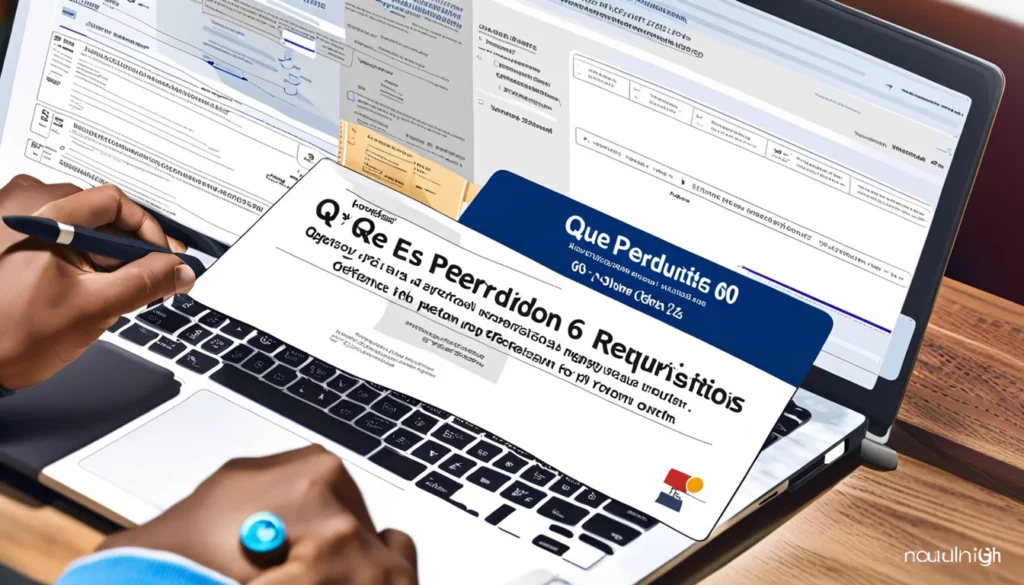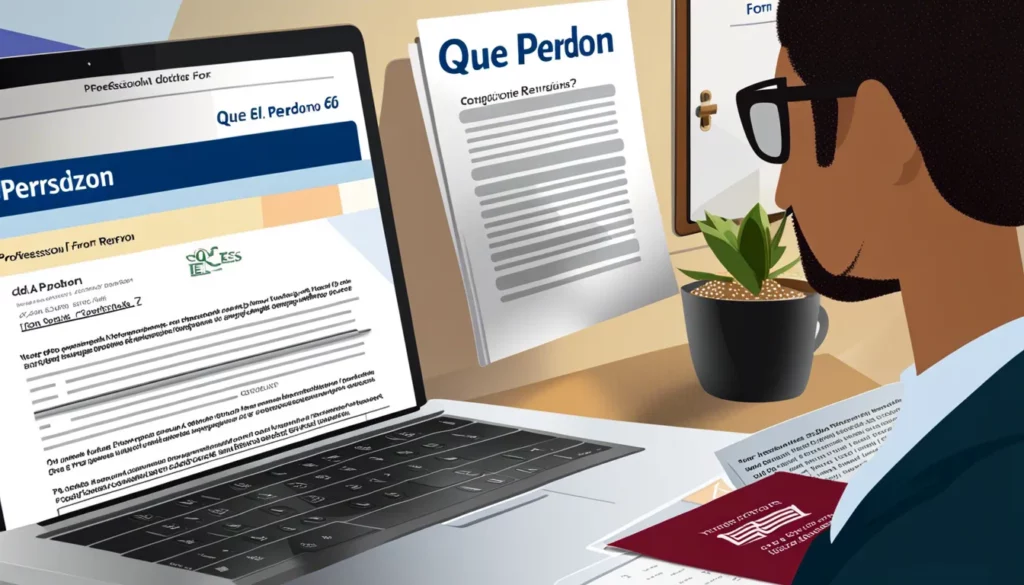In the complex world of immigration in the United States, there are different types of remedies that can be sought by those seeking to legalize their status in the country. Among them is the immigration waiver, of which the I-601 Waiver and 601-A Waiver stand out.
If you want to understand these two processes, Jaskot Law will provide you with a detailed and accurate overview. From what each one is and the eligibility requirements, to the differences between them so you can make the right decision without hesitation due to confusion.
What is the 601-A Waiver?
The 601-A Waiver represents a beacon of hope for those individuals seeking legalization of their status in the United States, as it allows them to reunite with their loved ones on U.S. soil.
Designed specifically for spouses and children of U.S. citizens or lawful permanent residents, this waiver became a crucial alternative to overcome certain inadmissibility and obstacles in the complex immigration process.

Requirements to apply for 601-A Waiver
To apply for 601-A Waiver, it is essential to meet certain specific requirements. These include:
- Family relationship: The applicant must be the spouse or child of a U.S. citizen or lawful permanent resident.
- Demostrar dificultades extremas: se debe presentar evidencia sólida que demuestre que negar el ingreso o el estatus legal del solicitante causaría dificultades extremas a su cónyuge o progenitor(a) en los Estados Unidos. Estas dificultades pueden ser de las siguientes índoles:
- Financial
- Medical
- Emotional
- Sole inadmissibility: The applicant must show that his or her sole inadmissibility relates to certain crimes or immigration violations.
At Jaskot Law, we understand that gathering solid evidence to bolster your case and the maelstrom of requirements can be overwhelming. Therefore, do not hesitate to contact us to clear all your doubts and get peace of mind.
601-A Waiver Application Process
As with any immigration process, there are a number of key steps in applying for a 601-A Waiver. These steps are:
| Step 1: Eligibility Review Before you begin the process, make sure you meet the 601-A Waiver eligibility requirements listed above. |
| Step 2: Documentation Gathering The success of your application depends on the quality of the documentation provided. You should gather evidence to support the extreme hardship your relative would face in the U.S. if your entry is denied, such as testimony, medical records, financial evidence, among other relevant documents. |
| Step 3: Preparation of Form I-601A Complete Form I-601-A, Application for Provisional Waiver of Unlawful Presence. Be sure to fill it out correctly and provide all the required information. This form is essential to begin the waiver application process. |
| Step 4: Payment of Fees Pay the appropriate fees associated with Form I-601-A. Fees are subject to change, so be sure to check the current amount at the official website of USCIS. |
| Step 5: Application and documentation Submission Send Form I-601A and all relevant documentation to the address indicated in the form instructions. Be sure to include all necessary evidence to support your case, as this is essential to avoid delays in processing. |
| Step 6: Consular Interview (if approved) If your waiver application is approved, you will be required to attend a consular interview in your home country. During this interview, your eligibility to enter the United States will be re-evaluated. |
| Step 7: Entry to the United States After final approval, you will be able to enter the United States and join your spouse or parent. It is essential to follow all immigration laws and regulations once you are in the country. |
This exhaustive process requires meticulous attention to detail and accurate presentation of documentation. Jaskot Law will ensure that each step is carried out with care to increase your chances of approval.
Grounds of inadmissibility exempted by 601-A Waiver
The 601-A Waiver is a valuable resource that can exempt applicants from certain grounds of inadmissibility. The most important of these are listed below:
- Prior illegal entry into the United States.
- Undocumented stay in the United States.
- Unlawful stay after a previous deportation.

Key differences between the 601-A Waiver and the I-601 Waiver
When inquiring about this immigration remedy, people realize that there also exists an I-601 Waiver, so confusion can arise. The following are the main differences between these resources:
| Aspect | 601-A Waiver | I-601 Waiver |
| Eligibility | Exclusively for spouses and children of citizens or legal permanent residents. | Various contexts of inadmissibility. |
| Moment of Submission | Before the consular interview abroad. | Before or after the consular interview abroad. |
| Grounds for Inadmissibility | Exempts certain immigration offenses or violations. | Applicable to various types of inadmissibility. |
| Additional Exemptions | – Prior illegal entry into the United States. | – Illegal income. – Undocumented stays. – Unlawful stays after a previous deportation. |
| Application Process | It involves gathering evidence showing extreme hardship to the spouse or parent in the U.S. | It involves the presentation of specific evidence to overcome various inadmissibilities. |
It is important to know in depth the relevant aspects of each of these resources to know which one fits the situation you are living at that particular moment. If you still have doubts, contact Jaskot Law and we will help you.
Conclusion
In conclusion, the 601-A Waiver is not only a legal request, but a door that opens to a future full of possibilities for families. By understanding the key differences between the 601-A Waiver and the I-601 Waiver, the relevance and vitality of the 601-A Waiver in today’s immigration landscape can be appreciated.
If you seek to reunite with loved ones and overcome the barriers of inadmissibility, this waiver represents the path to a new life in the United States. For this reason, the team of specialized lawyers of Jaskot Law can advise you to obtain positive results and secure your future in the United States.
Sources
Frequently Asked Questions
How long does the 601-A Waiver application process take?
The time frame may vary, but generally takes several months from submission to approval. It is essential to have the advice of an immigration attorney to expedite the process.
What happens if my 601-A Waiver application is denied?
If your application is denied, it is important to seek legal advice and evaluate the options available to appeal the decision or pursue other legal avenues.
Can I file the 601-A Waiver if I am already outside the United States?
No, the 601-A Waiver must be filed before leaving the United States for the consular interview abroad.
Can other family members apply for 601-A Waiver?
No, the 601-A Waiver is specifically designed for spouses and children of U.S. citizens or lawful permanent residents.

